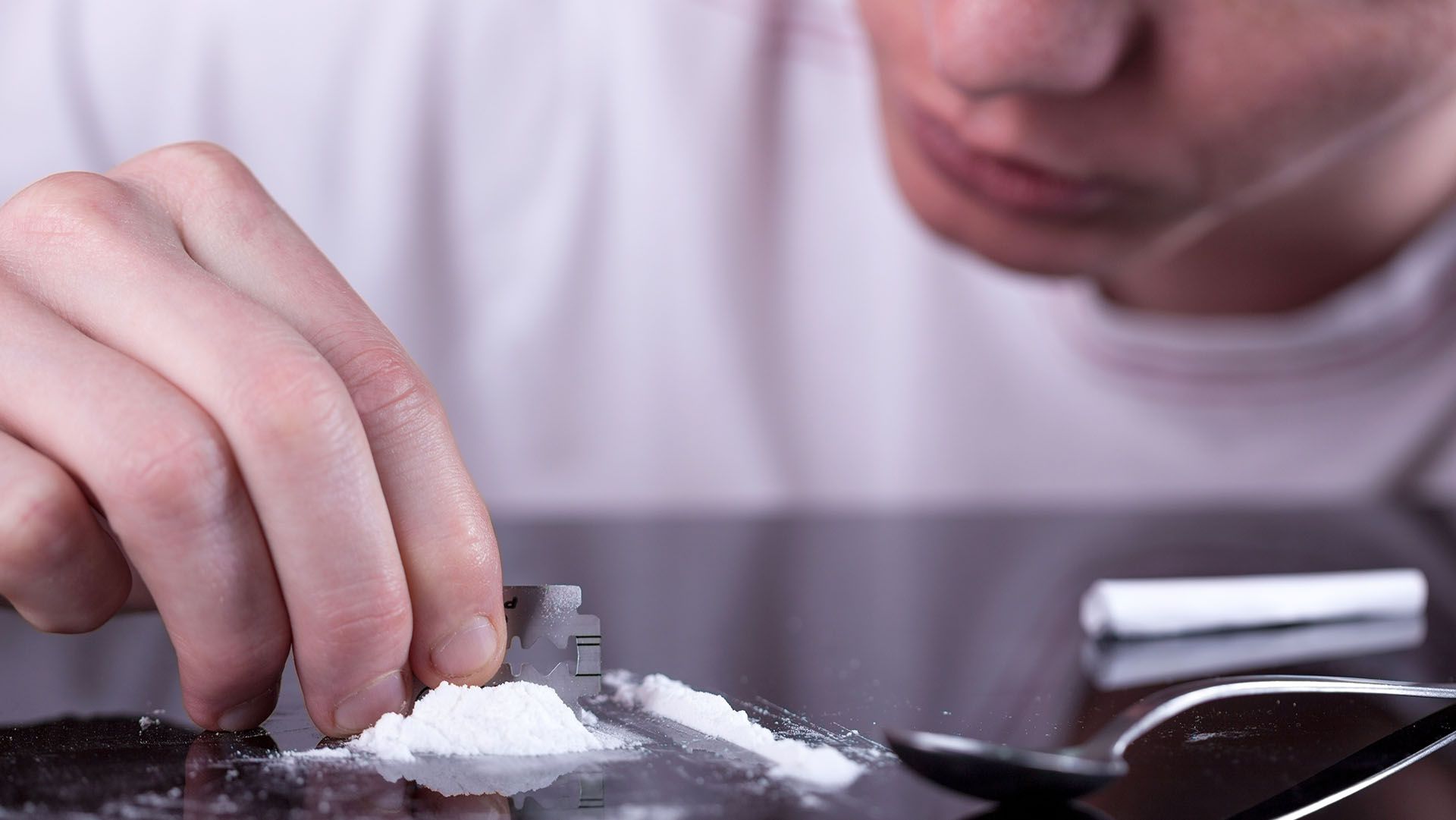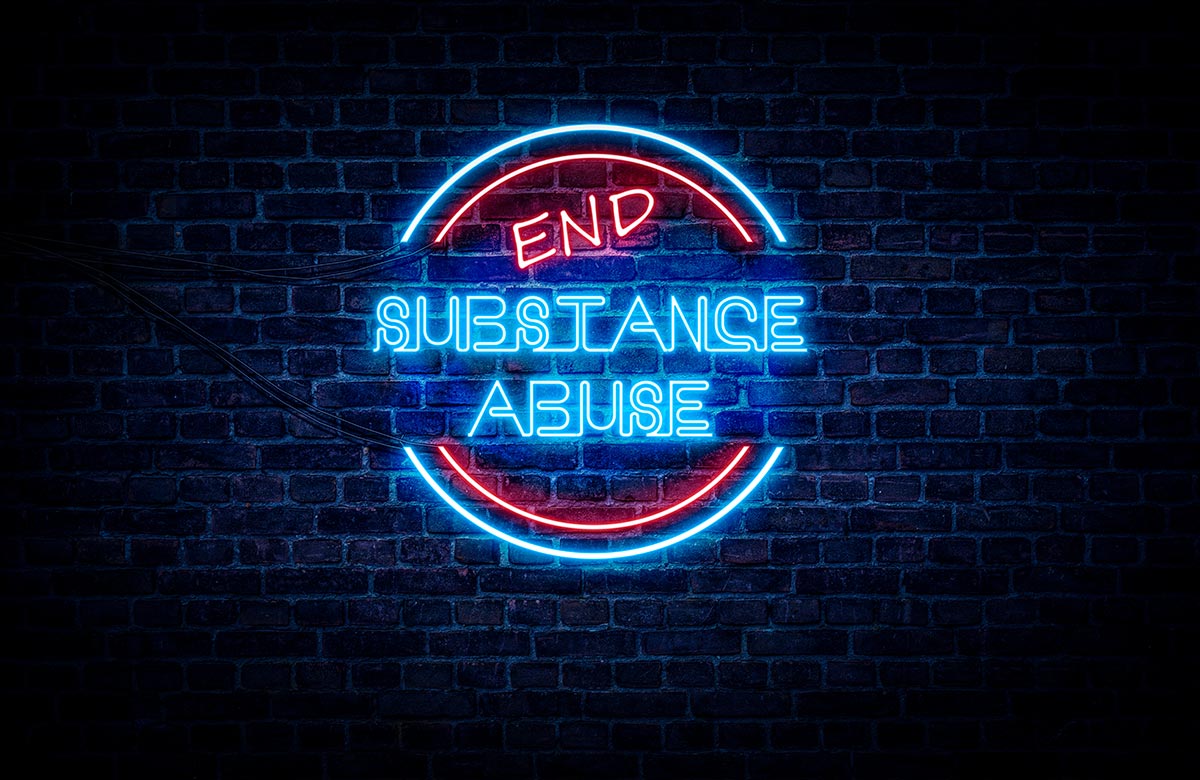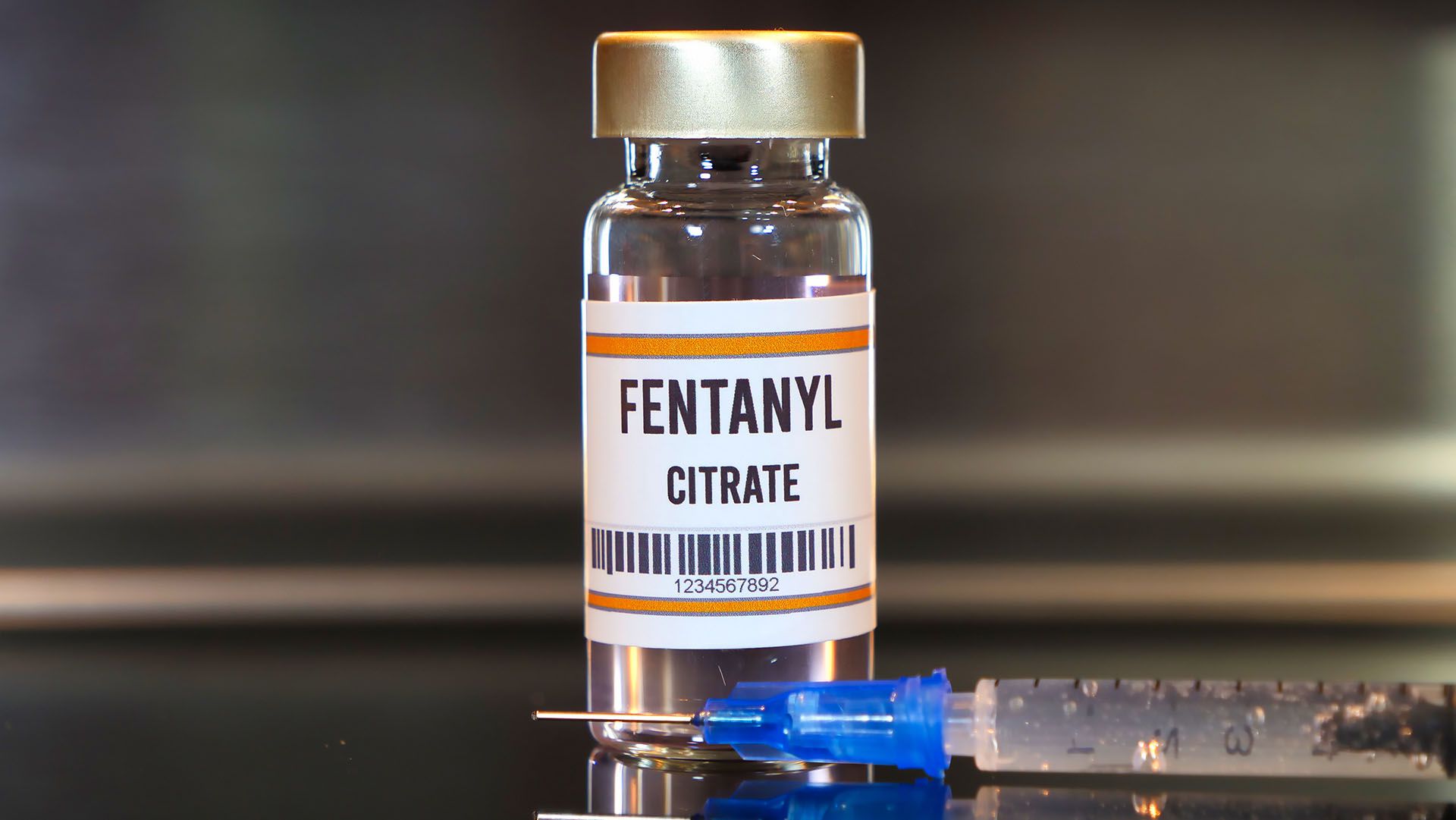What is Drug Addiction
Every year, millions of people—about 25 million, to be exact—struggle with addiction to drugs. But according to the National Institute on Drug Addiction, only about 10% seek the help they need. Drug addiction is a mysterious phenomenon, shrouded in mystery, stigma, and shame. Answering the question “What is drug addiction?” can help you better understand the challenges drug addicts face. And if you’re struggling with the disease of addiction yourself, better understanding how drug addiction affects your mind, body, and life might finally inspire you to seek treatment for drug abuse.
What is Drug Addiction?
Drug addiction is a disease of the body and mind, not a choice. To many people, addiction might look like something the addict is choosing, or may even seem like a moral failing. But addicts suffer from a condition that causes them to “need” drugs or alcohol just to feel normal. Suddenly withdrawing drugs can throw everything into disarray, even trigger serious and life-threatening side effects.
Drug addiction is not:
- Something that can be willed away.
- Something the addict will grow out of.
- Something that gets better with time.
- A phase.
- Something that can be disciplined out of the addict; punishment doesn’t work, and often makes addiction worse.
- The result of a moral or spiritual failing.
- Something that religion or “finding God” will cause to disappear.
- A condition undeserving of treatment.
If you or someone you love is addicted to drugs, you need to know that treatment is an uphill battle. Addicts will not get better on their own, but no addict will recover until he or she is ready. While you can encourage an addict to seek the treatment you can’t force them into a program against their will.
The Process of Addiction
Contrary to what you might have heard in your elementary school drug prevention class, addiction isn’t something that happens overnight, and it’s extremely rare for an addict to become addicted based on a single use of any drug. Consequently, prolonged use of a single drug is the single most significant risk factor for drug addiction, and almost all people who use drugs on a continuing basis will eventually become addicted.
The process begins with the very first use of drugs. When a foreign substance enters the body, it attempts to protect you from potential harm. In the case of drugs, it does this by changing the way your body reacts over time, reducing the degree to which the drug leaves you intoxicated. Eventually, you develop a tolerance to the drug that necessitates a much higher dose to get the same high you once acquired with a lower dose. If you’re like most people and find that you can drink more alcohol now than when you first started drinking, you’re already familiar with this process.
Over time, tolerance gets many users hooked. The logic is simple: the addict notices he’s not getting as high as he once did and responds by using progressively larger quantities of drugs. If this goes on long enough, the body eventually begins treating the drug as something it needs to survive—virtually indistinguishable from food or water. While it can be tough to quit using drugs before this happens, because drugs produce pleasurable sensations and relief from stress, after tolerance sets in, quitting becomes virtually impossible. Addicts experience intense withdrawal symptoms, and may even become suicidal.
Once tolerance occurs, the clinical side of addiction has started. If you’re a current drug user but not yet chemically dependent, the time to stop is now. Once you become chemically dependent, it is very unlikely that you’ll be able to quit using drugs on your own—no matter how much willpower you have.
Risk Factors for Drug Addiction
Anyone can develop a drug addiction, including those who have no risk factors. And it’s important to note that the most important risk factor for addiction is drug use; no one ever became an addict by not using drugs! Some people, though, are more vulnerable to drug addiction than others. If you have any of the following risk factors, think long and hard before trying drugs even once:
- A history of trauma or abuse.
- A family history of addiction, especially if your parents used drugs or alcohol in your presence.
- A previous history of addiction.
- A history of mental illness.
- Early use of alcohol, before the age of 16.
- A chronic pain condition that necessitates the use of prescription pain medications.
- Learning disabilities.
How Drug Addiction Changes Over Time
If you are contemplating seeking treatment for drug abuse, you should know that now is always the best time to seek the help you need and deserve. Drug addiction is a progressive, chronic illness, which means that it does not go away, but it does get worse with time. In the beginning, addiction may be little more than a twinge every time you think about drugs.
Over time, though, the need grows more desperate—particularly if you have to go for long stretches without drugs, such as while at work or on a family vacation. Eventually, drug addicts reach a point where they’re desperate for drugs and will do just about anything to gain access—even if it means harming those they love. Denial enables this process by convincing you that what you’re doing is not that bad, or instructing you that drugs make you a better person. Don’t believe this lie.
Do I Need Treatment for Drug Abuse?
If you’re like many addicts, it’s painful to accept that you need treatment for drug addiction. You’d probably rather feel like you have control over your own life, and that you can quit any time you want. But if you haven’t already quit, or you’ve tried to quit before and failed, you already have ample evidence that you’re an addict. Still not sure? Ask yourself the following questions. If you answer yes to three or more, you are an addict:
- Do you experience physiological symptoms when you try to quit using drugs?
- Do you use drugs to cope with the pain of chronic health issues, such as depression or pain?
- Do you neglect activities you used to enjoy?
- Have people you love and respect expressed concern or asked you to quit using drugs?
- Do you lie to other people about how often you use it?
- Do you use drugs alone?
- Do you mix multiple drugs, or use alcohol and drugs at the same time?
- Have you hurt yourself or others because of drugs?
- Have you broken the law because of drugs?
- Have you been arrested because of drugs?
- Are you struggling to pay for your drugs?
- Do you engage in doctor shopping to gain access to prescription drugs?
- Do you drive while under the influence of drugs?
- Do you only feel like yourself when under the influence of drugs?
- Has your career taken a hit because of drugs?
- Do you have new health problems due to your reliance on drugs?
- Has your doctor asked you to stop using drugs?
- Do you feel hopeless about your ability to function without drugs?
Understanding Your Treatment Options
Inpatient drug rehab is the gold standard in drug treatment because it blends several effective treatments under one roof while offering a safe and nurturing sober living environment. If you’re not yet ready for rehab, ask yourself why. While it’s certainly possible to get sober in outpatient care, it’s much harder, and some addicts avoid rehab because they don’t want others to know they have an addiction.
Some of the most effective treatments for drug addiction—all of which are available in quality rehab facilities—include:
- 12-step programs. Narcotics Anonymous is the oldest and most well-respected such program. It encourages addicts to help themselves by working through 12 steps, steadily taking responsibility and making amends to those whom they have hurt with their addiction.
- Therapy allows you a confidential space to explore your addiction, including why you became an addict and your triggers for use. Through therapy, you’ll learn new skills for coping with old temptations, and you’ll also get help dealing with the stress and pressure of everyday life.
- Group support. Some rehab centers offer group therapy, but all provide informal group support. When you need help, you can lean on another addict, who may have more experience with the recovery journey, as well as plenty of wisdom to share.
- Medical care. You’ll need medical assistance to navigate the detox process. Additionally, a doctor may be able to help you reduce withdrawal symptoms, and treat any underlying medical conditions that have contributed to your addiction.
- Lifestyle skills training. Addiction affects your health, nutrition, career, and hobbies. Consequently, good addiction care helps you find your way back to healthy living without the use of drugs and alcohol. Competent care may include instruction on proven methods for getting sober, such as taking up meditation or getting plenty of aerobic exercises.
Contact Addiction Rehab Centres Canada today!
Further Reading:
Drug Rehab Program
Drug Addiction Explained
Drug Addiction: Symptoms & Signs
Drug Addition Recovery: Help & Options
Drug Addiction Therapy Explained
Addiction Science
Drugs, Brains, Behaviour – The Science of Addiction
RehabFinder: What Is Substance Abuse?







